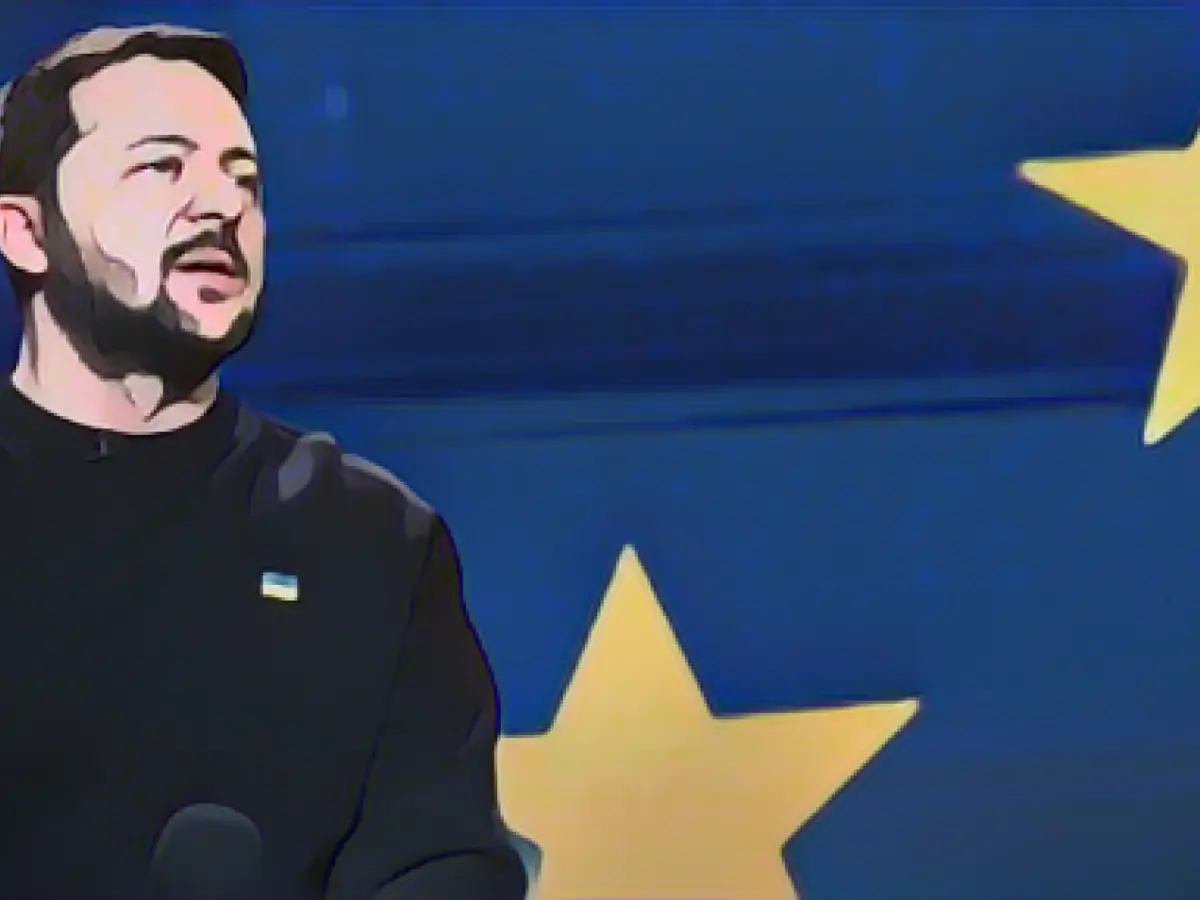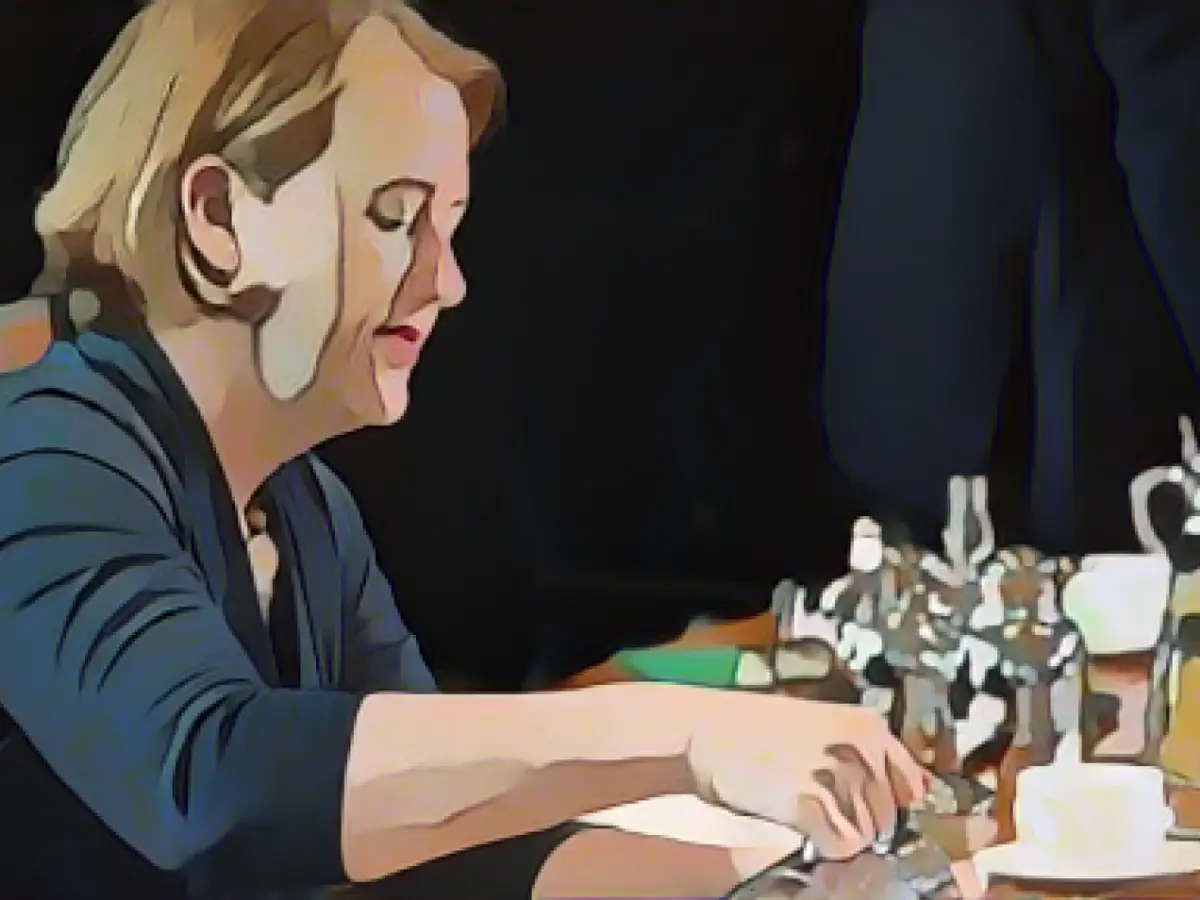Zelensky's Call for Peacekeepers: Ukraine Needs Up to 200,000 International Forces
"We're counting on several new Patriot systems to safeguard our nation throughout the winter," said Zelensky, opting to keep the exact number of troops under wraps. He attributed these arms deliveries to the fruitful outcomes of his recent trips to Western nations, such as the US and France.
Ukraine's President has been on a diplomatic mission, making stops in key Western capitals, pleading for more military and political support. Despite the call for additional arms, some Western allies, like the US, have grown hesitant, concerned about the possibility of further escalating the conflict.
According to analysts at the US-based Institute for the Study of War (ISW), Ukraine is already experiencing ammunition shortages. In Kyiv, Zelensky expressed optimism about the U.S.'s commitment to Ukraine, assuring their faith that American allies would not "betray" them.
With the upcoming 2024 US presidential election looming, Zelensky speculated that a Republican victory could significantly impact the war's trajectory. A new president, he speculated, would likely adopt a "different policy" towards Ukraine.
Apart from the U.S., Zelensky sought to address Hungarian Prime Minister Viktor Orban regarding the EU's delayed financial aid for Ukraine. Last week, Orban vetoed EU funding worth 50 billion euros, sparking controversy. Yet, Orban kept discussion of EU membership talks alive, assuring Zelensky that "we're neighbors, and we're trying to find solutions to our issues."
Negotiations with Russia, Zelensky expressed, were irrelevant; he saw no genuine request for dialogue or any signs of reconciliation in Russia's actions. Instead, he heard aggression and deadly intent.
British Foreign Secretary David Cameron publicly affirmed the UK and France's unwavering support for Ukraine, asserting that their stance would not change unless Putin agreed to a diplomatic resolution. Cameron warned of the potential repercussions if Putin prevailed, emphasizing that "it's crucial that Putin loses the war."
Meanwhile, UN Human Rights Commissioner Volker Türk expressed worry about the declining global interest in the Ukrainian conflict, citing the numerous crises demanding international attention.
Russian Offensive Challenges Ukrainian Troops
In the east, the Ukrainian army acknowledged the challenging situation in the Kharkiv region, as Russian forces increasingly encroached on the area. Ukrainian forces' commander, Oleksandr Syrsky, admitted that Russian troops had a notable advantage in terms of firepower and manpower. The Ukrainian troops, however, steadfastly maintained their positions.
Additional Insights
In the wake of the ongoing conflict, Zelensky’s plea for a large-scale international peacekeeping force has garnered mixed reactions. French and Polish leaders have voiced their support for "security guarantees" and negotiations, while German Chancellor Scholz and the UK’s Prime Minister Starmer have remained cautious, avoiding vocal commitments.
The scale of the requested peacekeeping force is a subject of debate, with some critics questioning its feasibility given the current political climate and the risks of deploying such a large contingent of troops [1][3]. However, Zelensky's wish for overseas assistance underlines his anxiety about a potential power vacuum, predicted to occur following a ceasefire or peace agreement with Russia.





